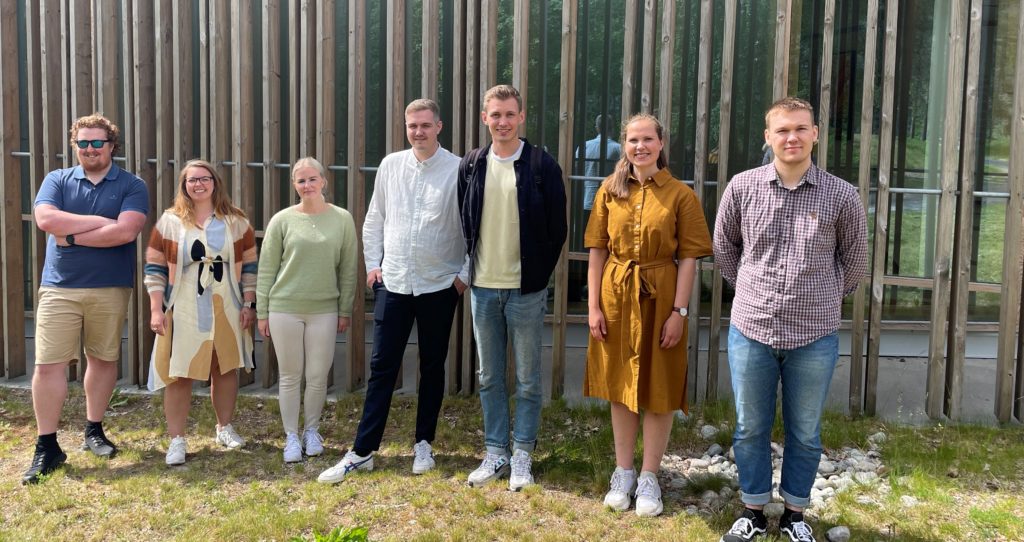Young people often see themselves as future democratic citizens, not democratic citizens today. That is one of the findings of four master students who have done research related to the EWC project Learning Democracy at Utøya.
This could perhaps be connected both to young people’s understanding of what democracy is (first and foremost focusing on elections, in which they are too young to participate in), but also to their experiences of not being heard and seen as citizens today.
“These findings will help us to further explore ways to strengthening the political efficacy of young people”, says Ingrid Aspelund, Head of EWC’s Youth Section.
Four teacher students from the University of Oslo and the Norwegian School of Theology, Religion and Society have done research related to different aspects of the EWC project “Learning Democracy at Utøya” for their master thesis. In mid-June they presented their findings.
It was last year that EWC and the Department of Teacher Education and School Research (ILS) at the University of Oslo, started cooperating on the possibility for their master students to connect with the “Learning Democracy at Utøya” program.
“Many teachers have expressed that they were uncertain how to teach about topics such as 22 July due to a lack of knowledge and methods. Dealing with this has therefore been high on our agenda, and we are very happy that our students have been able to work so close with the program”, says Lise Granlund from ILS.
During the last year, EWC have facilitated for a direct connection between the students and the program, giving them the chance to observe the workshops at Utøya and the student lead activities in the classroom, as well as interview students and teachers about issues such as learning about the terrorist attacks 22 July 2011, how they understand democracy and democratic citizenship and learning outcomes from participating in the program.
Aspelund sees the cooperation with the teacher education faculties as an important way to learn more about the effects of Learning Democracy at Utøya.
“It is important for us that our approaches are research based, and through this partnership we allow for learning on multiple levels; students get a unique context to topics they are working on, the teacher education faculties learn about how these topics are dealt with in the classrooms and we learn from the research they have produced. Their findings are valuable to the EWC and our partners when further developing the program”, she explains.

In addition to the students connected directly to the program, there have been five other master students involved in the cooperation with ILS, writing thesis on topics such as how 22 July and democratic citizenship is presented in textbooks and how teachers use the tv series about 22 July when teaching about the terror attacks in schools. The findings from these research projects will be useful particularly for our teacher trainings.
Inga Bostad, professor of Philosophy at the University of Oslo at the Department of Education, and chair of the EWC board, led the discussions with the students after their presentations. She too highlighted the importance of making use of the work that had been done.
“You have created great research, and it cannot be stored away, it needs to be used for something more”, she concluded.